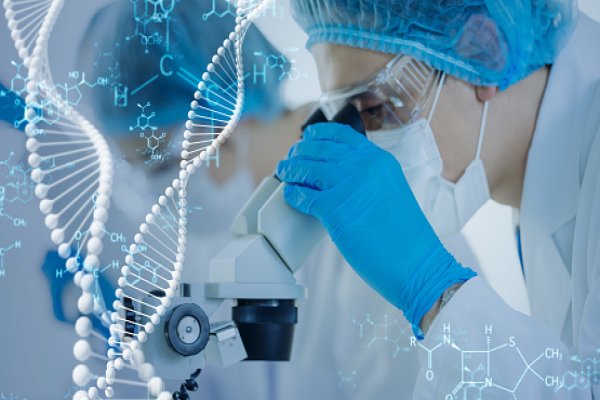At least five medical facilities in Hungary have been employing Artificial Intelligence (AI) programs since 2021 — primarily to carry out thousands of breast cancer scans every year — making it one of the earliest adopters and a leader in adopting the technology.
Inspired by the success of using AI to detect cancers in Hungary’s clinics, medical professionals in many English-speaking countries are looking to try out the technology; among them are England, Scotland, and Finland–the Times reported.
The effectiveness of an artificial intelligence (AI) program when identifying breast cancer in 250,000 scans was studied last year – finding, surprisingly, the technology was as effective or more so than a human radiologist. Furthermore, AI was proven to be able to read these scans quicker than its human counterpart.
According to the study, radiologists and their workloads could benefit from incorporating new technologies into the medical field. It suggests that an automated system, with quick and reliable second opinions, could ease their burden and allow them to focus on more important tasks.
Developments in artificial intelligence (AI) technologies have enabled companies to create ever-improving AI programs, ones that can now complete increasingly complex tasks.
Google-developed programs have the potential to outperform medical professionals, as shown in 2020 when they were still being developed.
One doctor suggested AI could be beneficial in preventing potential human error due to fatigue; imaging scans could inadvertently overlook life-threatening cancer if the radiologist is straining for long shifts. The doctor noted this to the Times.
He was surprised to observe the effectiveness of AI programs when he put forth a few complicated predicaments in his job, like when other radiologists had been unable to detect cancer in a scan. Every single time, the AI program precisely detected the signs of cancer.
However, AI is not intended to replace doctors. According to several doctors and AI experts speaking to the Times, AI could improve accuracy in diagnosis by complementing care with one or two skilled professionals reviewing scans for cancer and then relying on an automated system to analyze or detect additional issues.
Computer scientist Peter Kecskemethy, the co-founder of a firm creating Artificial Intelligence applications to help out healthcare practitioners, spoke to the Times about it.
Peter Kecskemethy says:
“An AI-plus-doctor should replace doctor alone, but an AI should not replace the doctor.”
The potential for artificial intelligence (AI) to revolutionize the detection of breast cancer is becoming increasingly clear. A recent study suggests that AI algorithms may more effectively detect breast cancer in mammograms than human doctors. This could be a game-changer for breast cancer diagnosis, as AI can quickly and accurately analyze large amounts of data quickly and accurately, potentially leading to earlier detection and better patient outcomes.
However, challenges remain to be addressed, including ensuring that AI algorithms are properly trained and validated and addressing concerns around patient privacy and data security. Nonetheless, the potential benefits of AI in breast cancer detection are significant, and it will be important for researchers, clinicians, and policymakers to work together to realize its full potential.
Source: Africa. business insider



